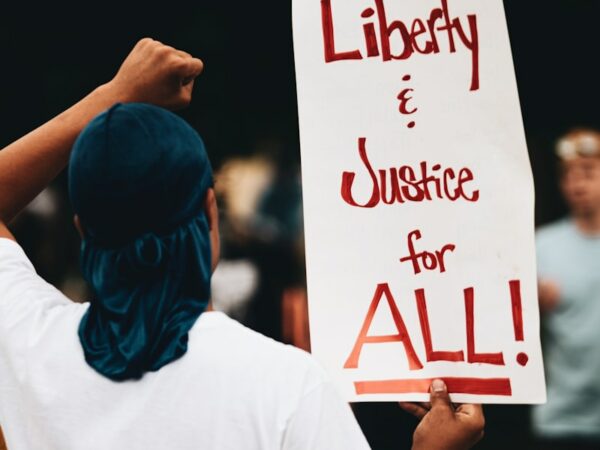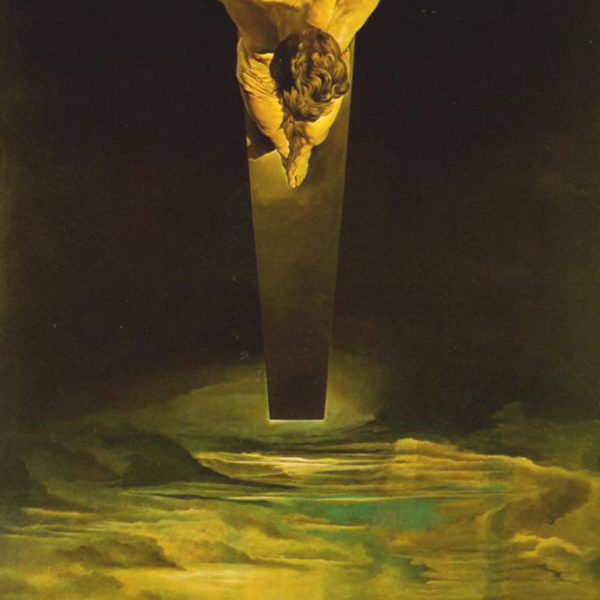
Kings and rulers often justify themselves through their pedigrees. Jeremiah’s political hope, however, does not rest on elite politics. It rests on a policy of righteousness for all.

Everyday life gives us ample opportunity to fulfill all righteousness, at least as far as the gods of global capital are concerned. Building credit, contributing to a 401K plan, purchasing ordinary goods produced through an extraordinary supply chain, we participate in the enchanted world of mammon, in which money defies space and time to make and remake a world that bears its image. But in Matthew’s gospel, Jesus inhabits a different kind of story about God and the world, about empire and capital.

In the wake of an atrocity such as the San Bernardino shooting or the attacks in Paris, the choice between the politics of righteousness and the politics of fear will press upon us with a renewed urgency. However, it is righteousness—justice and ethical probity—that is the only genuine answer at such a time.

Righteous Joseph does not publicly shame his fiancée Mary, breaking with common practice in an honor and shame culture. The angel that appears to him calls him to take a further step, to assume the role of father to Mary’s curious child.
